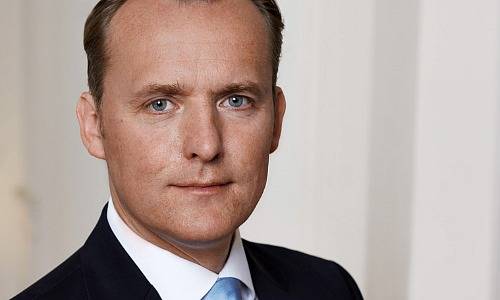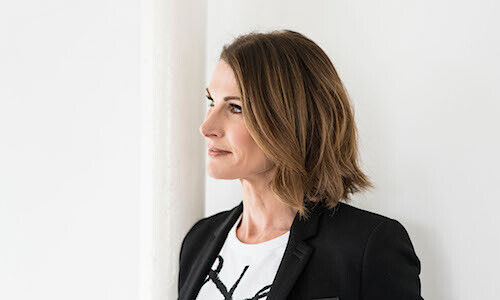Thorsten Polleit: «The ECB Makes a Lira out of the Euro»
German economist Thorsten Polleit is scathing about the monetary policy of the European Central Bank. In an interview with finews.asia, he also criticizes the plans of some politicians to abolish cash.
Mister Polleit, were you surprised by the monetary policy bazooka the European Central Bank recently launched?
No. In the «Degussa Market Report» of September 2015, I wrote that the ECB would create at least another five billion euros to keep Euro-banks afloat. My worries have been fully justified. The ECB is about to make a lira out of the euro.
You're a supporter of the initiative against a ban of cash. Why?
If you ban cash, citizens are forced to conduct transactions electronically. Thanks to its proximity to the banking sector, the state can thus retrace every single transaction and citizens become truly transparent. This is incompatible with our civil liberties.
And if you ban cash, people can't escape negative interest rates.
Spot on. Politicians claim that the ban will help fight criminals. But there is nothing which would support the notion that a restriction on the use of cash will reduce criminal behavior.
«Gold is the ultimate method of payment.»
It is much more plausible that governments want to cut their debt by imposing negative rates. And a ban on cash will prevent bank customers from withdrawing their assets in a bid to render impossible this type of dispossession.
One way of escaping the dispossession is to buy gold.
Correct. I think gold is the ultimate method of payment. In the current situation, gold is like an insurance. It will never lose its value. Even if gold isn't used for monetary purposes, it still is used in industry and for jewelry.
With the very lose monetary policy there are questions arising about the future stability of many currencies. The central banks put the cash system in a difficult situation. Gold is like a vaccination against the uncertainties of cash. It makes sense to keep part of your assets in gold simply as an insurance.
«States can do terrible things.»
But the state can ban the gold trade or even confiscate gold holdings – it has happened in the past.
Yes, states can do terrible things. We Germans are pretty sensitized about this. But even investors concerned about this should know that the value of their gold isn't affected and that it makes sense to invest a certain share of their liquid assets in physical gold. That's a way to prevent counter-party risks.
How much of your money do you keep in gold?
I mainly invest in productive capital, in companies, which produce something others can't and which generate high returns. I also keep a substantial part of my liquid assets in physical gold. That's a combination I believe is the best answer to the problems that lie ahead.
Where do you expect the gold price to be at the end of the year?
The older I get the more difficult I find it to predict precise figures. It is difficult to predict the gold price because gold has no cash flow. There are no measurements available similar to those of equities or bonds to calculate a fair value.
«Gold is currently fairly cheap.»
I'm looking at the relationship between the global expansion of money supply and the development of interest rates across a very long perspective. That way I can evaluate if the price of gold is above or below the long-term average. Measured that way, gold is currently fairly cheap.
Which means in real numbers?
According to my model, gold should cost $1,400 to $1,600. I can't say when it will move in that direction. If the international cash system is getting into an even worse situation, a much higher price is probable.
Thorsten Polleit, 49, is chief economist at gold trader Degussa and author of several books. He is also a professor of economics at the University of Bayreuth. The German citizen is president of the Ludwig von Mises Institut in Germany.






















